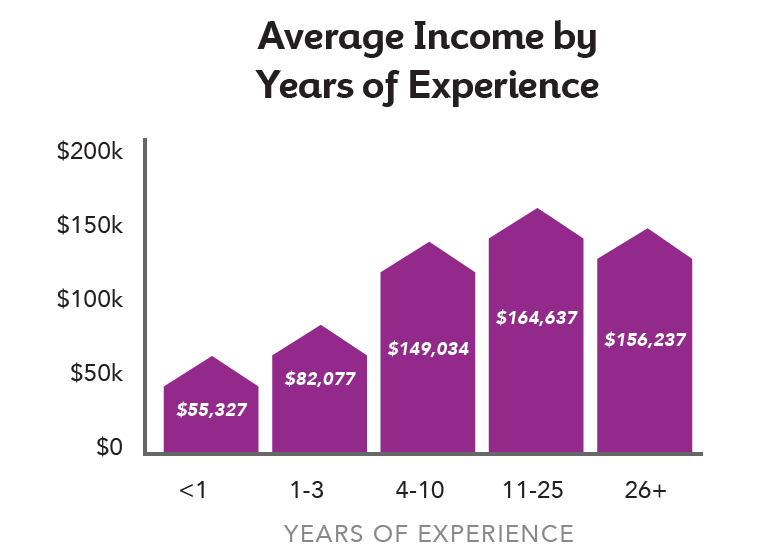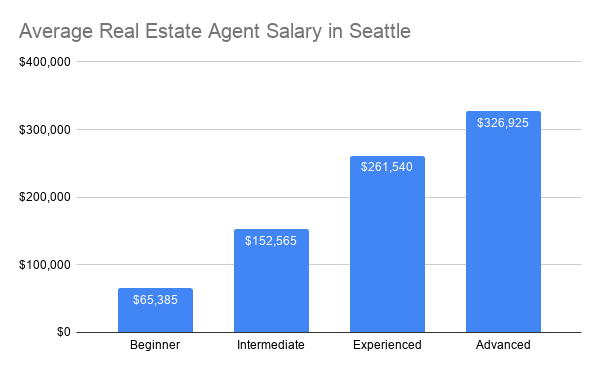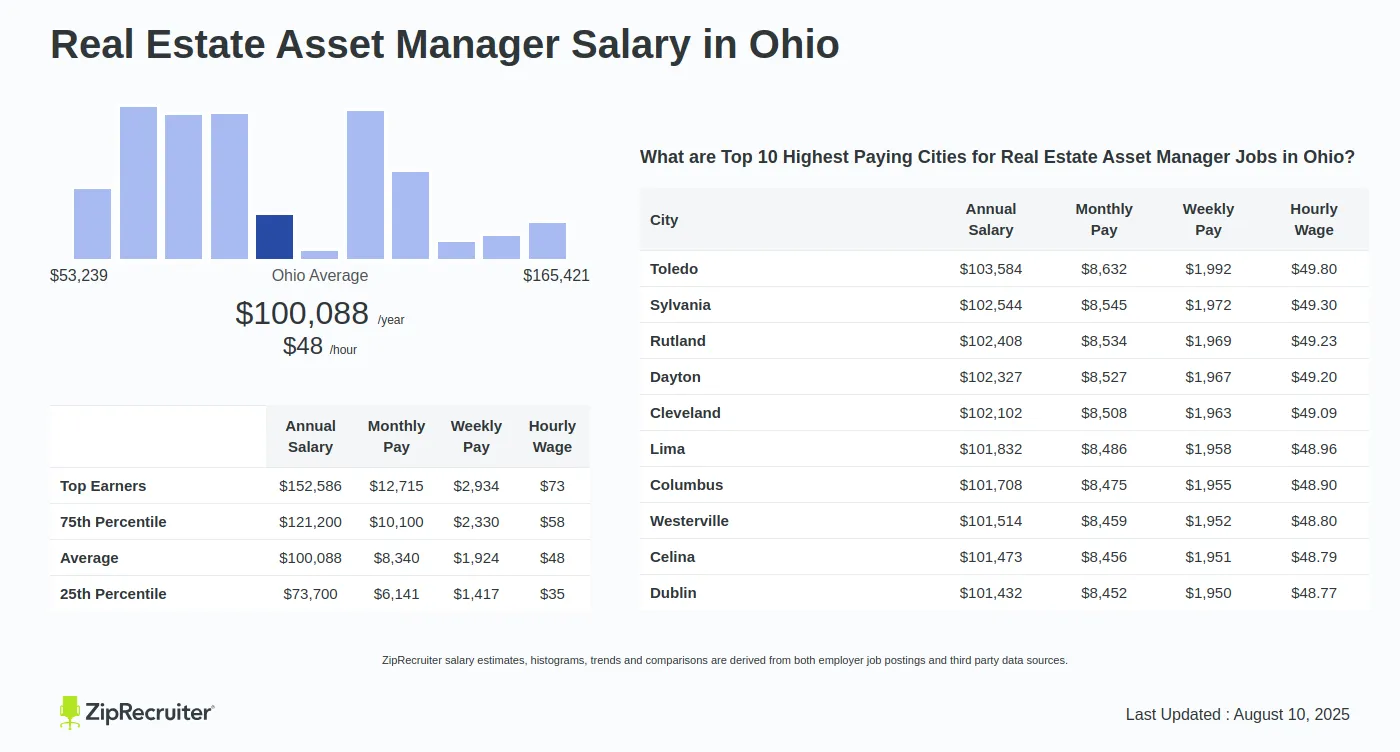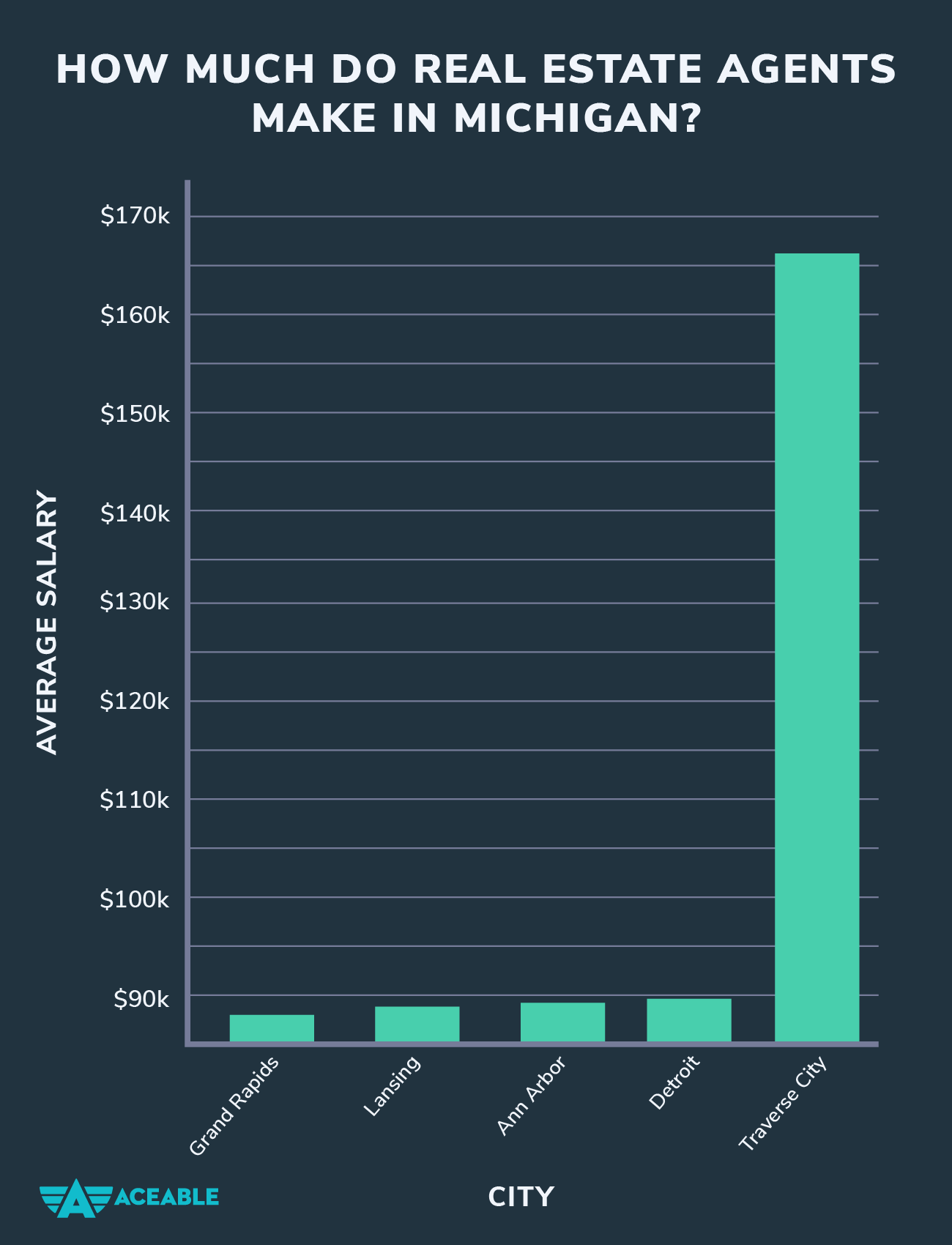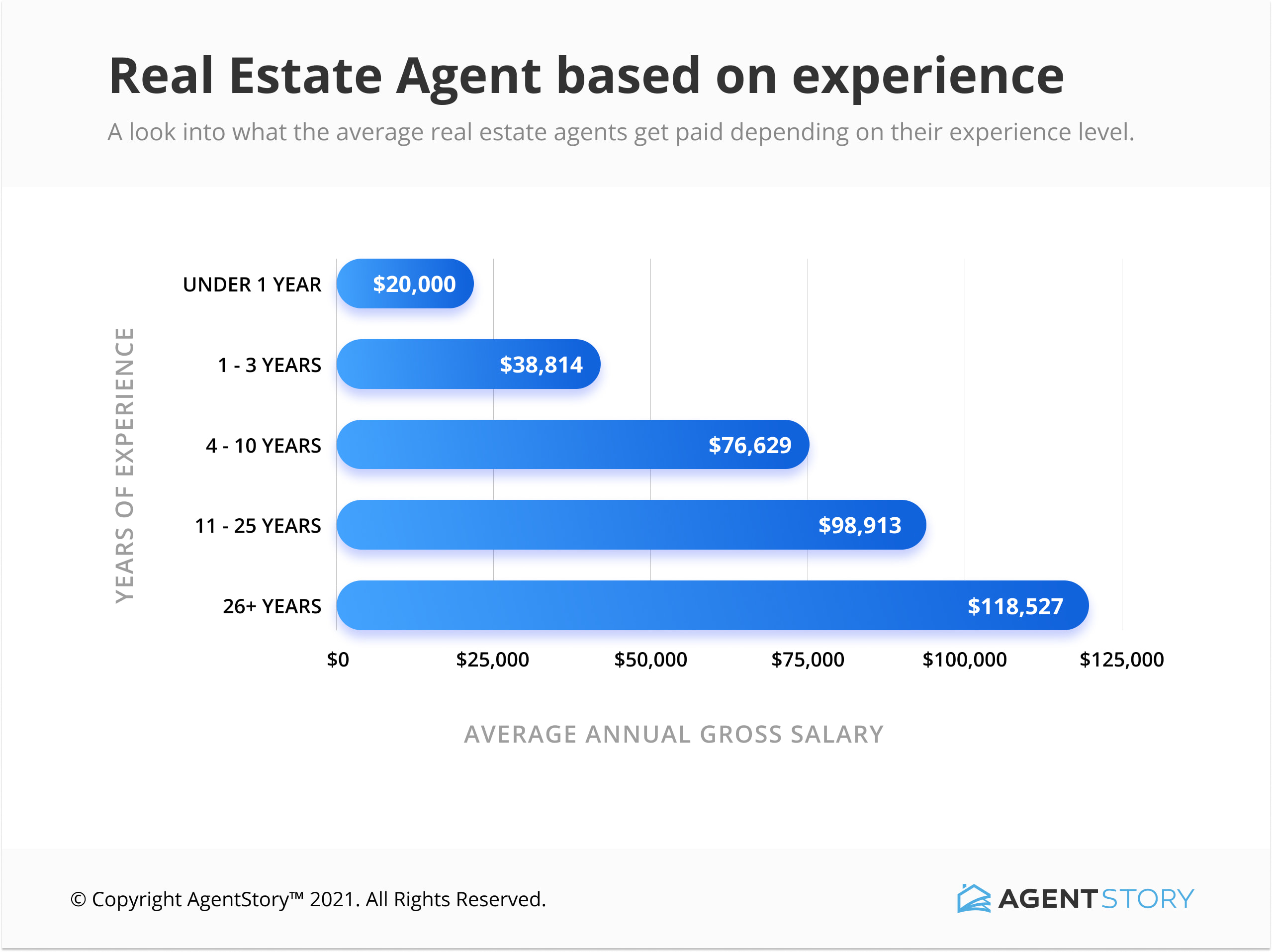Average Salary Of A Real Estate Agent In Ohio
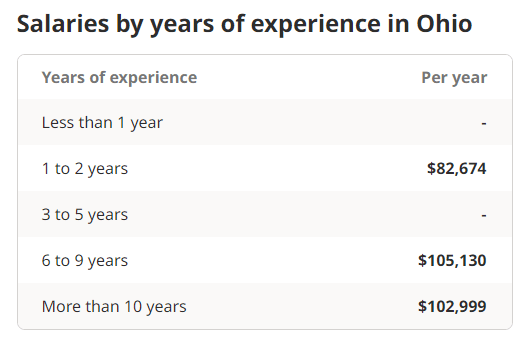
Imagine a crisp autumn morning in Columbus, leaves swirling through the air as a real estate agent, Sarah, unlocks the door to a charming brick house in German Village. She’s preparing for an open house, hoping to connect a family with their dream home. The aroma of freshly brewed coffee wafts from the kitchen, creating an inviting atmosphere, and Sarah wonders what the day will bring, not just in terms of a potential sale, but also in shaping her career and financial well-being.
At the heart of many aspiring and established real estate professionals' minds is a crucial question: what's the average salary of a real estate agent in Ohio? This article delves into the financial landscape for real estate agents in the Buckeye State, exploring the factors that influence income, regional variations, and the realities of building a successful career in this dynamic industry.
Understanding the Income Landscape
Determining an exact average salary for real estate agents is complex, as income can vary widely. Several reputable sources offer insights into this figure, providing a general understanding of earning potential.
According to recent data from sources like Salary.com, Indeed, and ZipRecruiter, the average real estate agent salary in Ohio ranges from approximately $60,000 to $85,000 per year. However, these numbers should be interpreted with caution, as they represent averages and don't capture the full spectrum of income possibilities.
It's crucial to recognize that a significant portion of a real estate agent's earnings is commission-based. The agent typically receives a percentage of the sale price, which can fluctuate based on the property value and the agreed-upon commission split with their brokerage.
Factors Influencing Income
Several factors significantly impact a real estate agent's earning potential in Ohio.
Experience Level plays a critical role. Newer agents often start with lower commissions and may take time to build a client base and close deals regularly.
Experienced agents, with a proven track record and established network, generally command higher commissions and handle more lucrative transactions, leading to increased earnings.
Location Matters. The real estate market in a major metropolitan area like Columbus or Cincinnati can offer more opportunities and higher property values compared to smaller towns or rural areas.
Markets with higher demand and premium properties often translate into higher commissions for agents.
Market Conditions also play a role. A strong seller's market, characterized by low inventory and high demand, can lead to quicker sales and higher prices.
Conversely, a buyer's market might require more effort to close deals, potentially impacting commission income.
Brokerage Affiliation can also affect income. Different brokerages offer varying commission splits, training programs, and marketing support.
Some agents choose to work independently, which allows them to keep a larger portion of the commission but requires them to handle all aspects of their business, including marketing and administrative tasks.
Skills and Expertise are essential. Agents who possess strong negotiation skills, excellent communication abilities, and a deep understanding of the local market tend to be more successful.
Specializing in a particular niche, such as luxury homes, investment properties, or first-time homebuyers, can also attract a specific clientele and increase earning potential.
Regional Variations in Ohio
Ohio's diverse economic landscape contributes to regional variations in real estate agent salaries.
Major metropolitan areas like Columbus, Cincinnati, and Cleveland typically offer higher average salaries due to higher property values and a greater volume of transactions.
Smaller cities and rural areas may have lower average salaries, but the cost of living is often lower, which can offset the income difference.
The specific economic conditions in each region also influence real estate activity and agent earnings. Areas with strong job growth and population increases tend to have more robust housing markets.
The Reality of Commission-Based Income
Understanding the commission-based nature of a real estate agent's income is crucial.
Income is directly tied to sales performance. Agents only get paid when they successfully close a deal, which can create income fluctuations.
Building a consistent income stream requires dedication, perseverance, and a strong work ethic. Agents must continually prospect for new clients, market properties effectively, and provide excellent customer service.
Many agents experience periods of high income followed by slower periods, highlighting the importance of financial planning and saving for leaner times.
Beyond commission splits, agents also face various expenses, including marketing costs, transportation expenses, professional development fees, and brokerage dues.
These expenses can significantly impact net income, so agents need to carefully manage their finances.
Successful agents often invest in marketing and branding to attract more clients.
"Building a strong personal brand is essential for long-term success in the real estate industry,"notes seasoned realtor, John Miller, from Cincinnati.
Building a Successful Career
Despite the challenges, a career in real estate can be incredibly rewarding.
Many agents are drawn to the flexibility, autonomy, and opportunity to help people achieve their dreams of homeownership.
Success requires a combination of hard work, dedication, and continuous learning. Agents must stay up-to-date on market trends, legal regulations, and best practices.
Networking is vital in this industry. Agents should actively participate in industry events, join professional organizations, and build relationships with other professionals, such as lenders, inspectors, and contractors.
Providing exceptional customer service is also paramount. Happy clients are more likely to refer agents to their friends and family, generating new business.
Utilizing technology effectively is also important. Agents can leverage online marketing tools, social media platforms, and customer relationship management (CRM) systems to streamline their business and connect with potential clients.
Ultimately, the average salary of a real estate agent in Ohio is not a fixed number but rather a reflection of individual effort, market conditions, and strategic business decisions. While some agents may struggle to make ends meet, others can achieve significant financial success by building a strong business and providing exceptional service.
As Sarah prepares to greet potential homebuyers, she understands that her success depends on her commitment, market knowledge, and ability to connect with people. The average salary is a benchmark, but her dedication and skill are what will truly define her career path.
